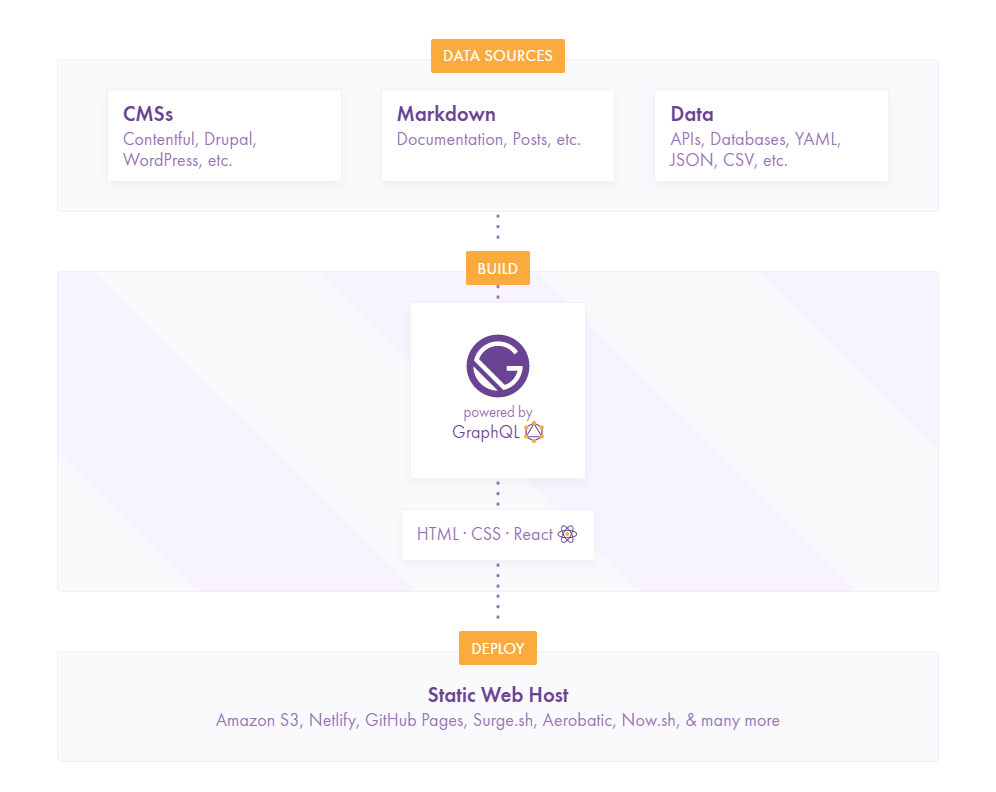setembro 26, 2019
It almost sounds like the title of an old fairy tale. It isn’t – this is the real thing. Three times a year, fellow CMS nerds like myself get together to discuss the present and the future of Content Management Systems.
What happened?
20 or so passionate individuals met at the Connective DX offices in Boston late last week, where we spent a few days together to talk about the space of Content Management. It was an excellent blend of folks ranging from CMS customers, agencies, product vendors and consultants that met, ensuring the dialogue and the perspectives were nuanced and with a good mix of opinions.
We went through great customer stories, incl. challenging questions and problems to solve, along with topics such as personalization, the needs of the enterprise customer, technical concepts such as JAMstack and an overall mar-tech update from the Martech east conference happening earlier in the week.
What were the key learnings, applicable to the world of Optimizely.
We all share some common pain points.
Through the story of a CMS customer, we talked about contextualization of content. What if you want to consider a large pool of content, which you want to deliver and manifest in multiple ways to your audiences? We talked about the complexity of managing this, which seemed to be a challenge for most CMS’s – and not just Optimizely. It gets complicated really quickly, when you consider how your taxonomies grow (and differ), for the purpose of organizing the content against the channels you want to serve. We discussed solutions and issues like these:
- Are we building an unnecessary and complicated rocket, to solve for a problem we’re creating ourselves?
- We can solve it via taxonomies and mappings, but is that a sustainable direction?
- Would segmentation and personalization be a better way to achieve this, or do we truly need context dependent content experiences that are unique for these audiences.
How could the concepts from Product Information Management be of help, which natively supports a similar type of contextualization in the world of commerce.
Thank you to inRiver for being the inspiration in above illustration.
Deliver fast and secure sites and dynamic apps
Sitelify and GatsbyJS took the group through the core value-props, to help push the standard practices when developing against large CMS vendors, like Optimizely. Not yet being fluent in the concepts of JAMstack or Gatsby, the concepts they presented resonated well and would certainly help Optimizely customers and Optimizely implementation partners deliver faster and more consistently implemented solutions.
Via the use of static web hosts, like CDNs or static website generators, these two players are fundamentally looking to introduce dynamic data and tracking into concept of something formerly considered static. You can only envision how Optimizely would become the data source of things like content, personalization and a/b testing, in a framework like GatsbyJS.


Above illustration was borrowed from our industry colleagues at dashbouquet
Every platform has a place in the market
Throughout the days, it was a great reminder to myself that all CMS players out there have a place in the market. Myself spending my everyday in the space of enterprise customers, I quickly forget that other customer needs out there exists. We had great conversations about “the needs of the enterprise customer”, the reactions to WordPress’ introduction of Gutenberg and also how some CMS’ today end up trying to solve all the problems of digital marketing – going way beyond their roots in Content Management.
Want to learn more? What is CMS Experts Group
Janus Boye, a true mar-tech nerd like myself stated it well: It is a forum where CMS analysts, thinkers, practitioners, experts and vendors can meet, set the agenda for future industry developments, provide feedback and share thoughts and ideas in an inspiring setting
You can learn more about the group here
Article was originally published on Optimizely Fellow Blog











